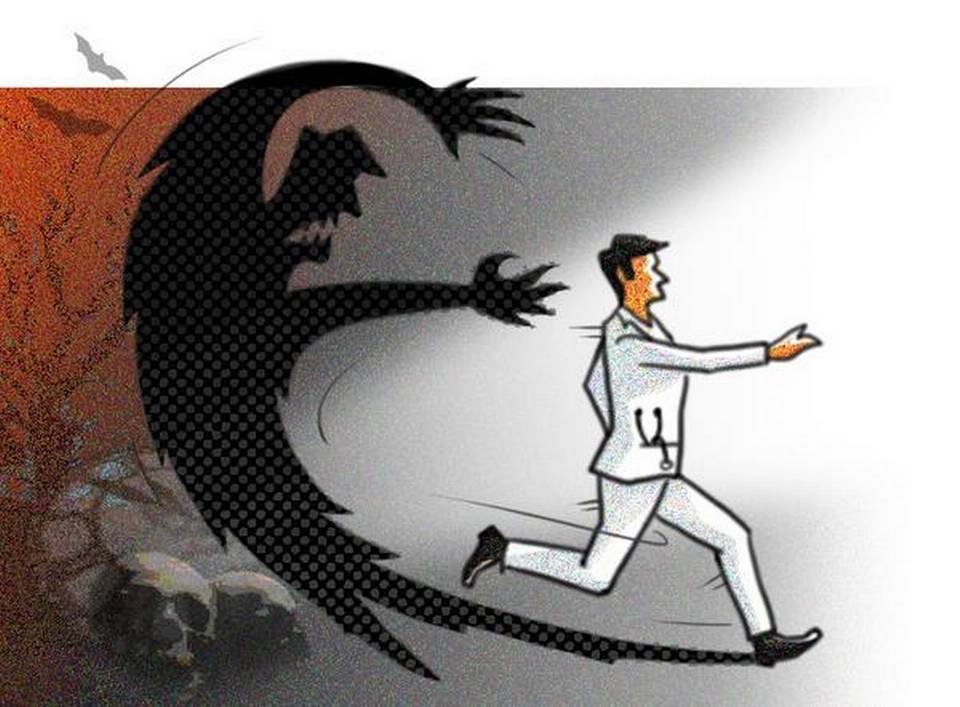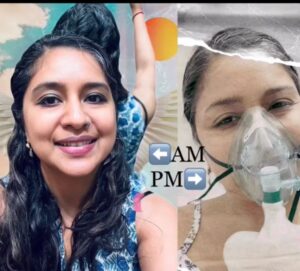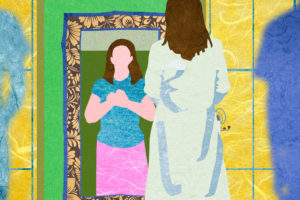[vc_row][vc_column][vc_column_text]When we discuss palliative care and living wills, we invest in our end-of-life experience.
Death. Mortality. End of life. Something inevitable, yet rarely discussed and a source of intense discomfort for most. When mentioned, it is considered inauspicious and rude in many cultures. And yet, death is an integral part of the work day for a critical-care physician like me. But it was never a topic of discussion in medical school or training.
As healthcare providers, we are not trained to talk about something we are “supposed to prevent”. But if we work so hard to build a life, why not at least consider how we would like to die. Life can turn out vastly different from what we expect, yet we make every effort to build a life we value. The same goes for death, and let us begin to consider how we would like to die.
People want their healthcare decisions to reflect their core values. And very few people talk about death and end-of-life issues with their loved ones or doctor. When a family member is hard-pressed to make decisions at the end of life (for a patient unable to do so for themselves), a prior discussion can at least point them in the right direction.
We draft “wills” for our real estate and valuables. What about our most valuable asset, our body, the only constant space we inhabit throughout our lives?
Making time to discuss these issues with our loved ones will help us. In many countries, a “living will” can give specific guidance about one’s preferences regarding treatment choices. Appointing a “power of attorney for health” or a “healthcare proxy” can ensure a loved one is entrusted with the responsibility of making decisions that mirror your values, when you cannot do so yourself.
In India, patients rely on the trust, relationship and conversations between the doctors and family to guide care at the end of life. Legality is still vague.
Even in the U.S., where there are clear-cut guidelines for this, it is only a small number of patients (usually the chronically ill) who are familiar with these terms or make their wishes known.
Dealing with the strongly ingrained belief “death is failure” is what is draining and emotionally exhausting.
Expression of grief by patients and families can take on many forms. Slowly accustomed to the spectrum of human grief, I have learnt to recognise patterns. The inability to face one’s own mortality by asking for every medical test and intervention available. Guilt and making up for lost time by continuing life support for a helpless family member, even when there is little hope. Interpreting the preparation of end-of-life care as “pulling the plug” and “giving up”.
Defining a battle
Is fighting a battle at the end of life a courageous struggle or a lack of acceptance with the fear of facing the inevitable? I feel we face these issues because we never talk about death till we absolutely have to. Maybe, even if we did make every effort to do so, it would still be incredibly painful and hard. After all, it is difficult to face our own mortality, let alone prepare for such a final event in reality. We can at least begin to try.
When we discuss death, educate ourselves about palliative care and living wills, and learn more about the choices available at the end of life, we invest in our end-of-life experience and quality of death. Wellness is more than living well; it includes dying well. The choices we make will determine both our quality of life and death.
My job is to ease suffering, not simply “save lives”. I am thankful when patients die peacefully under my care. Much of my day involves talking with dying patients and their families.
This is palliative care, providing carefully chosen non-aggressive therapies. Sure, I specialise in resuscitating sick patients. I will say this though. It is far more gratifying to care for someone dying with grace, than it is to connect more tubes and machines to someone who survives a cardiac arrest with little hope of recovery. Death is not failure. There is dignity in dying well. To realise that let us first talk about death.
sonalimantoo@gmail.com
Article published originally in – The Hindu[/vc_column_text][/vc_column][/vc_row]




